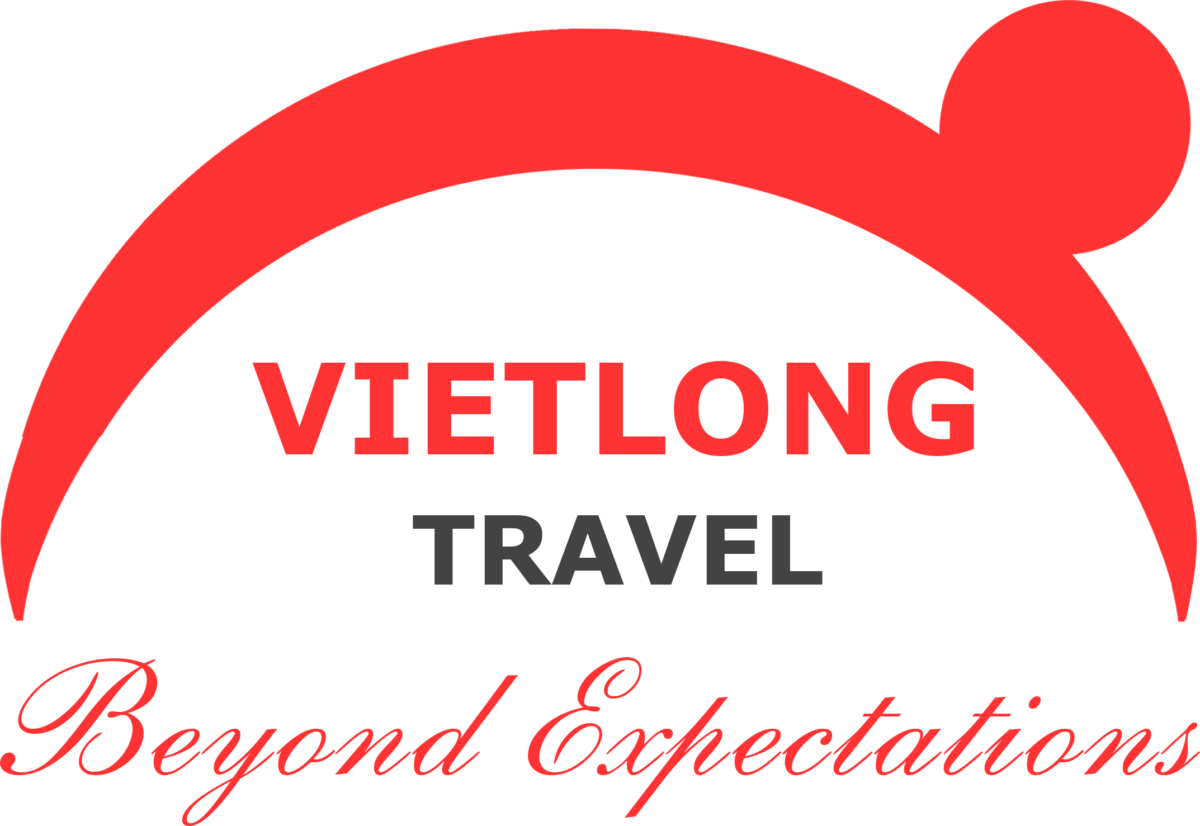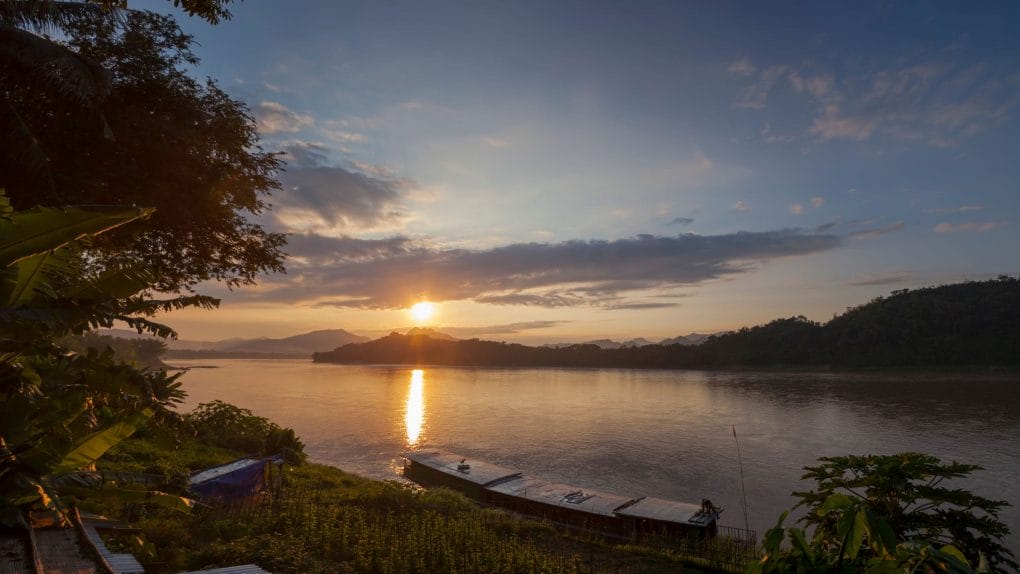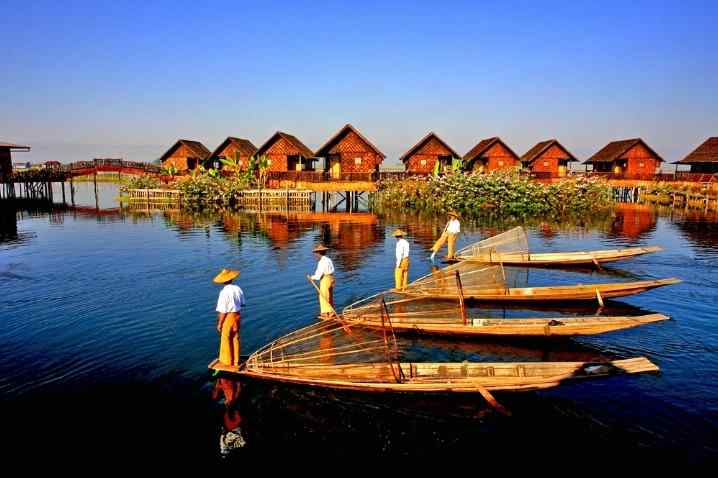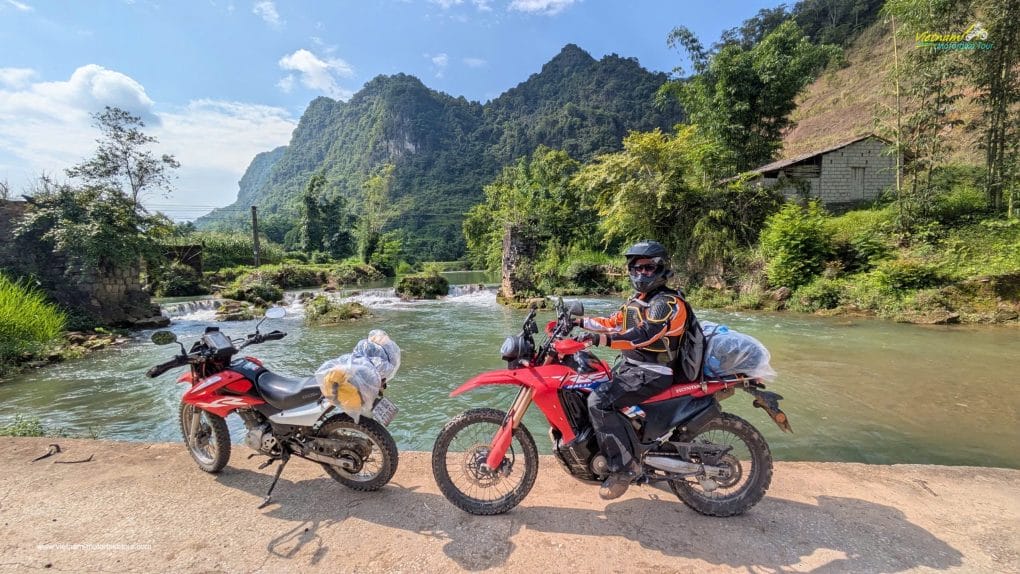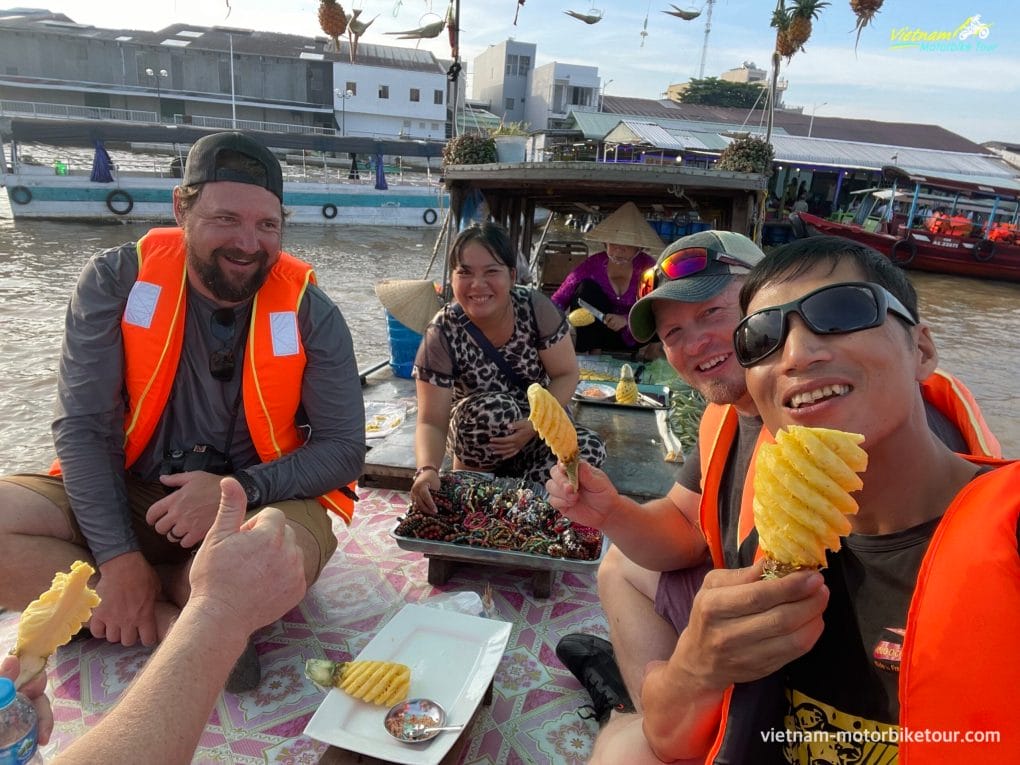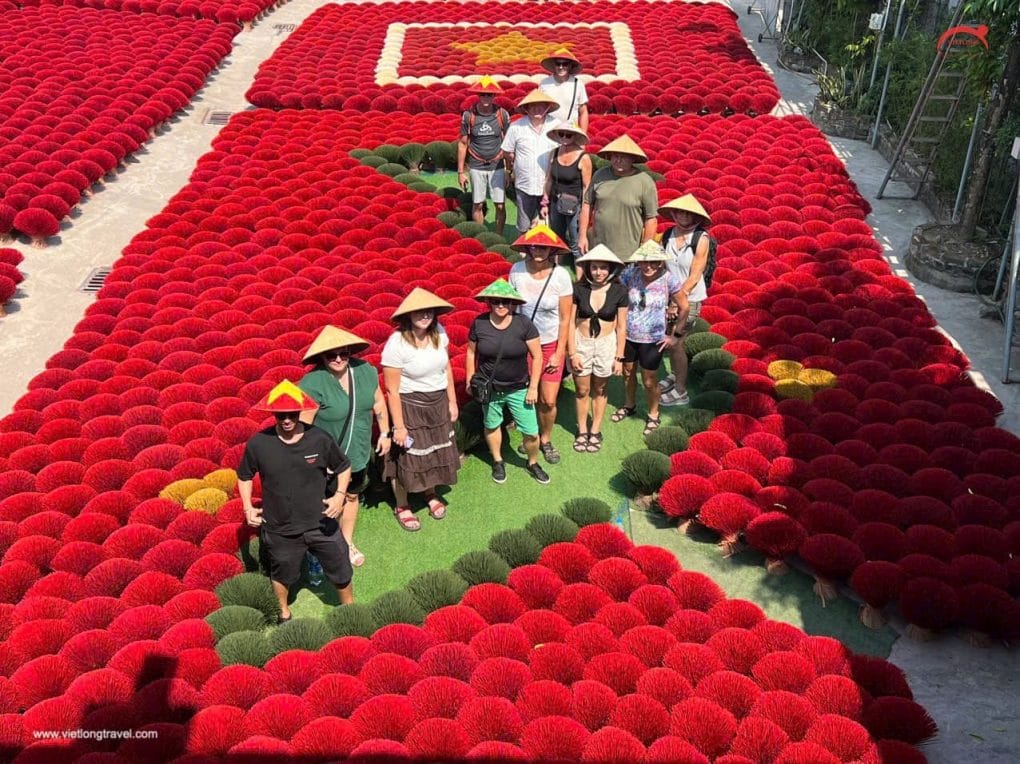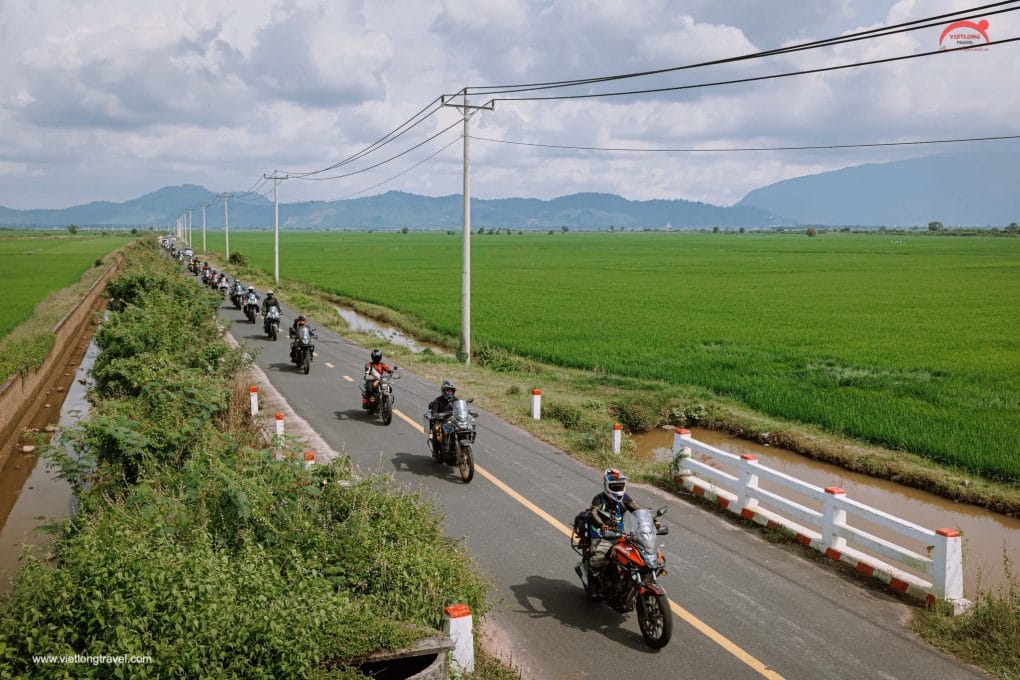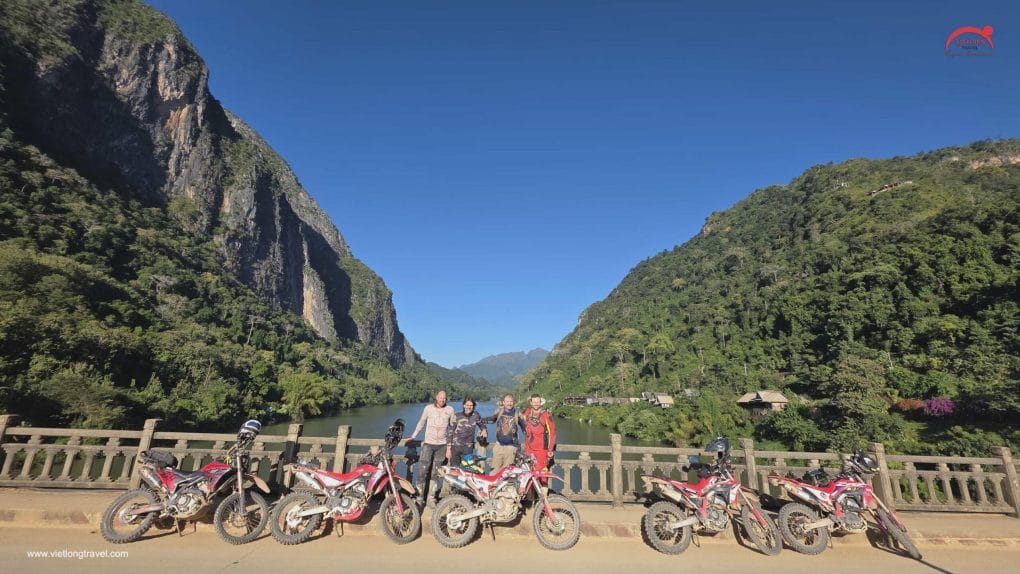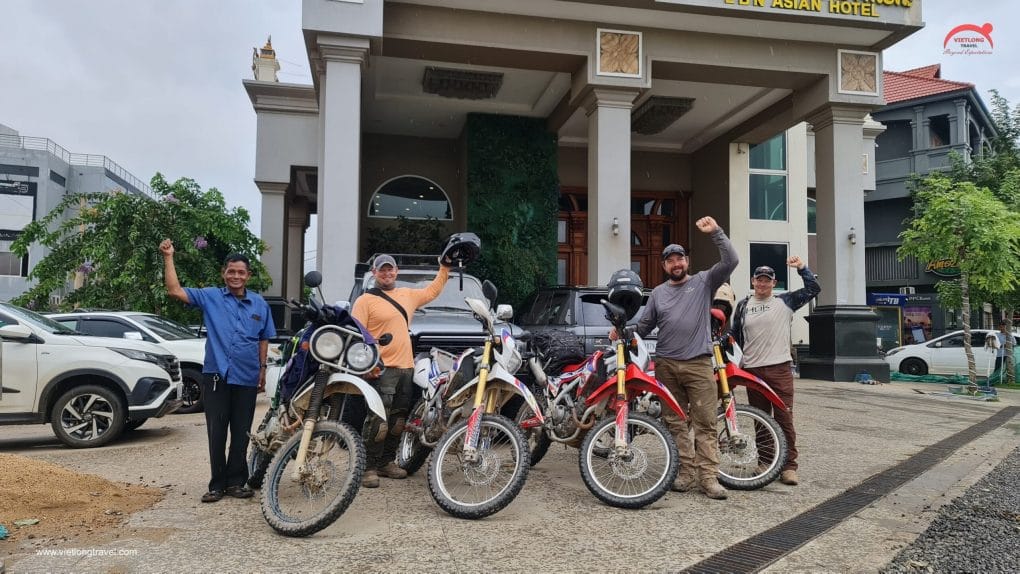Vietnam is a vibrant, culturally rich country that offers a deep sense of connection for many Vietnamese expats and Viet Kieu living abroad. If you’re an Vietnamese Americans or Viet Kieu returning to Vietnam for the first time, navigating your homeland can feel both exciting and overwhelming. Here are the top travel tips to help Vietnamese expats visiting their homeland make the most of their trip.
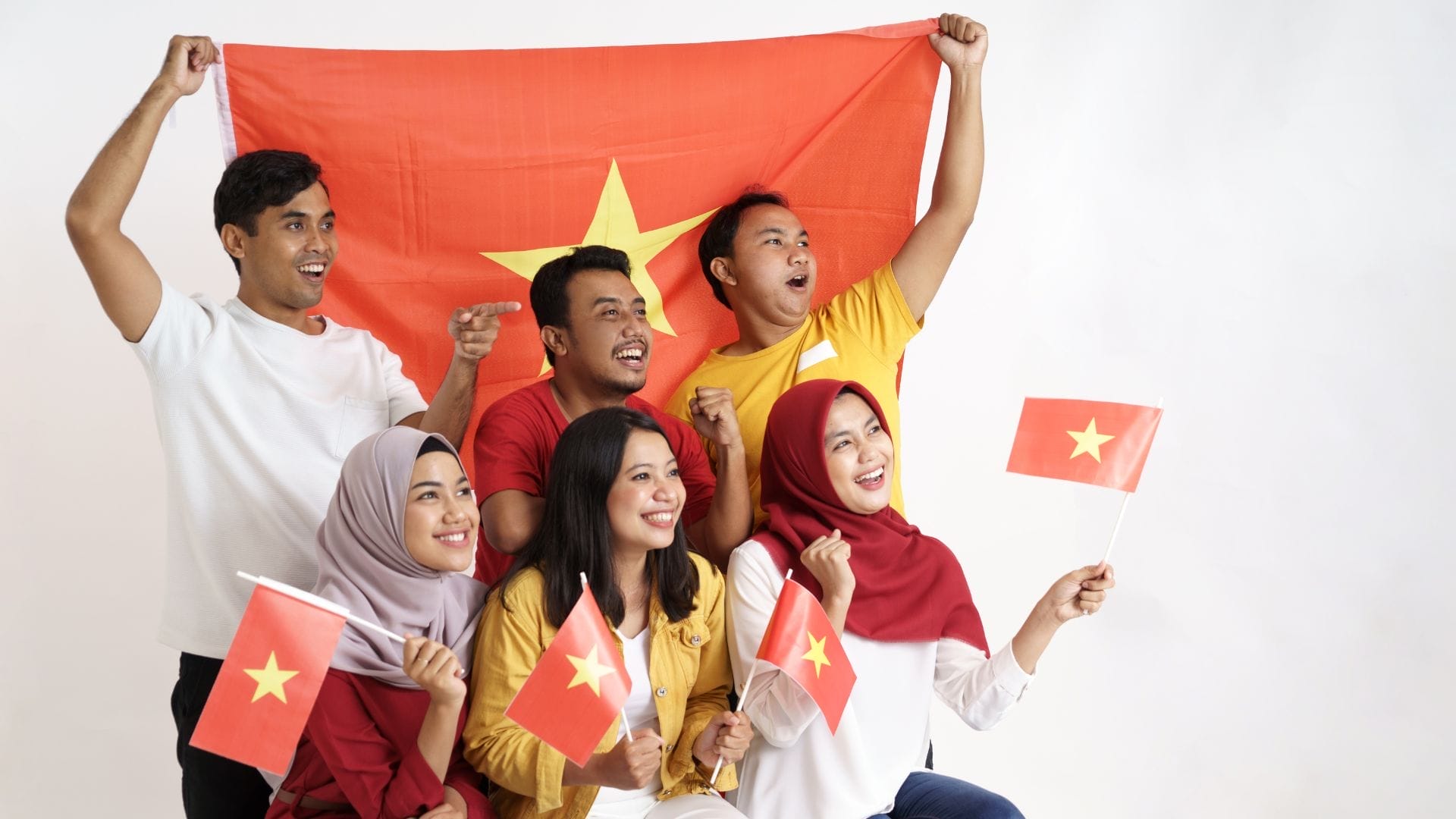
Plan Your Trip Around Key Vietnamese Festivals
Visiting Vietnam during major cultural festivals like Tet (Lunar New Year) can provide an authentic cultural experience. However, it also means busy airports, fully booked accommodations, and crowded attractions. For a smoother experience, plan your visit during off-peak seasons if you prefer a quieter trip, or make reservations well in advance if you wish to be part of the celebrations.
Understand Visa Requirements and Prepare Documents
Before you travel, ensure you have the correct visa. Vietnamese expats with foreign passports often need a visa to enter Vietnam. Check the latest requirements on the Vietnamese embassy’s website, and consider applying for a visa on arrival or an e-visa for convenience. Keep copies of important documents like your passport, visa, and any relevant medical records.
Reconnect with Your Roots Through Ancestral Visits
For many Viet Kieu returning to Vietnam, visiting ancestral homes and reconnecting with family is a top priority. Plan visits to your hometown or ancestral villages to immerse yourself in your heritage. This is not just a journey to explore places but also a deeply emotional experience that allows you to connect with your roots.
Stay Safe and Be Aware of Cultural Norms
Vietnam is generally a safe country, but as an overseas Vietnamese, it’s essential to stay vigilant. Be cautious of petty theft in busy areas like markets and tourist spots. Respect local customs and dress modestly when visiting temples or rural areas. Learning a few basic Vietnamese phrases can also go a long way in showing respect and enhancing your interactions with locals.
Manage Your Finances Smartly
Currency exchange is crucial when traveling. Use official exchange points and avoid street vendors offering too-good-to-be-true rates. ATMs are widely available, but be mindful of international fees. Having cash on hand is useful as many smaller businesses prefer it over card payments. Also, informing your bank about your travel plans can prevent your card from being blocked for suspicious activity.
Discover Vietnamese Cuisine Safely
Trying local cuisine is a highlight of visiting Vietnam. However, to avoid food-related illnesses, start with cooked foods and avoid street food vendors that don’t follow good hygiene practices. Always drink bottled water and be mindful of raw foods, especially if you have a sensitive stomach.
Explore Vietnam Beyond the Tourist Trails
While places like Hanoi, Ho Chi Minh City, and Halong Bay are popular, exploring off-the-beaten-path destinations will offer a more authentic experience. Visit lesser-known towns, explore the countryside, or take part in local community events. This will give you a broader view of Vietnam beyond the typical tourist hotspots.
Embrace the Emotional Journey
For many Vietnamese expats visiting their homeland, returning to Vietnam is an emotional journey filled with nostalgia. Be prepared for a mix of emotions as you revisit places of childhood memories, reconnect with distant relatives, or learn about your family’s history. Allow yourself to embrace this journey fully, as it’s a significant part of understanding your identity.
FAQs About Visiting Vietnam for Overseas Vietnamese
Do overseas Vietnamese need a visa to visit Vietnam?
Yes, most overseas Vietnamese will need a visa to enter Vietnam. However, there are various options like e-visas or visas on arrival that are convenient for tourists.
What is the best time for Viet Kieu to visit Vietnam?
The best time is during the dry season from November to April, but many Viet Kieu returning to Vietnam prefer visiting during Tet for the festive atmosphere.
How should Vietnamese Americans handle currency exchange in Vietnam?
Use official exchange points at banks or airports. Avoid exchanging money with street vendors to prevent scams.
What cultural norms should Vietnamese expats be aware of?
Dress modestly when visiting temples, respect elders, and learn basic Vietnamese phrases to show politeness.
Reconnect with your roots through our exclusive Vietnam heritage tour.
Rediscover your homeland, explore ancestral sites, and immerse yourself in Vietnamese culture on a journey like no other.
